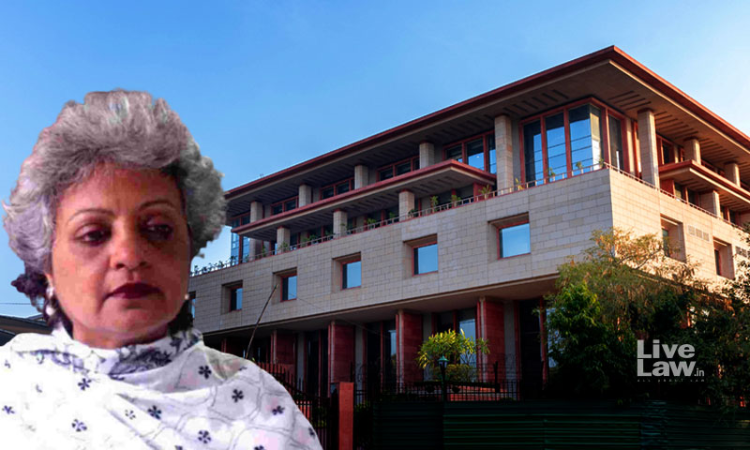Section 498A IPC Not A Remedy Against Marital Rape: Amicus Curiae Rebecca John To Delhi High Court
Nupur Thapliyal
24 Jan 2022 7:03 PM IST

Next Story
24 Jan 2022 7:03 PM IST
The Delhi High Court on Monday continued hearing a batch of petitions challenging the exception to Section 375 of the Indian Penal Code, which exempts forceful sexual intercourse by a man with his own wife from the offence of rape.Senior Advocate Rebecca John appearing as amicus curiae in the matter told a bench of Justice Rajiv Shakdher and Justice C Hari Shankar that the retention of...
